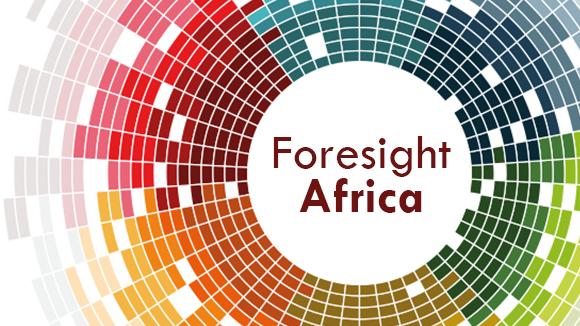In this year’s Foresight Africa, AGI scholars and invited experts delve deeply into six overarching themes that highlight areas in which African countries and their citizens are taking the lead to achieve inclusive growth. In a world where China and other emerging economies are ascendant, where cooperation on global governance is under challenge, and where free trade faces headwinds, Africa needs its own institutions to play a more assertive role in advancing the continent’s agenda. The potential for a more unified Africa to create never-before-seen opportunities for trade and economic prosperity is gaining traction. Through our exploration, we hope to emphasize that Africa’s future lies in its own hands and that it already has the power to reach its goals.
Unleashing Africa's inner strengths
Institutions, policies, and champions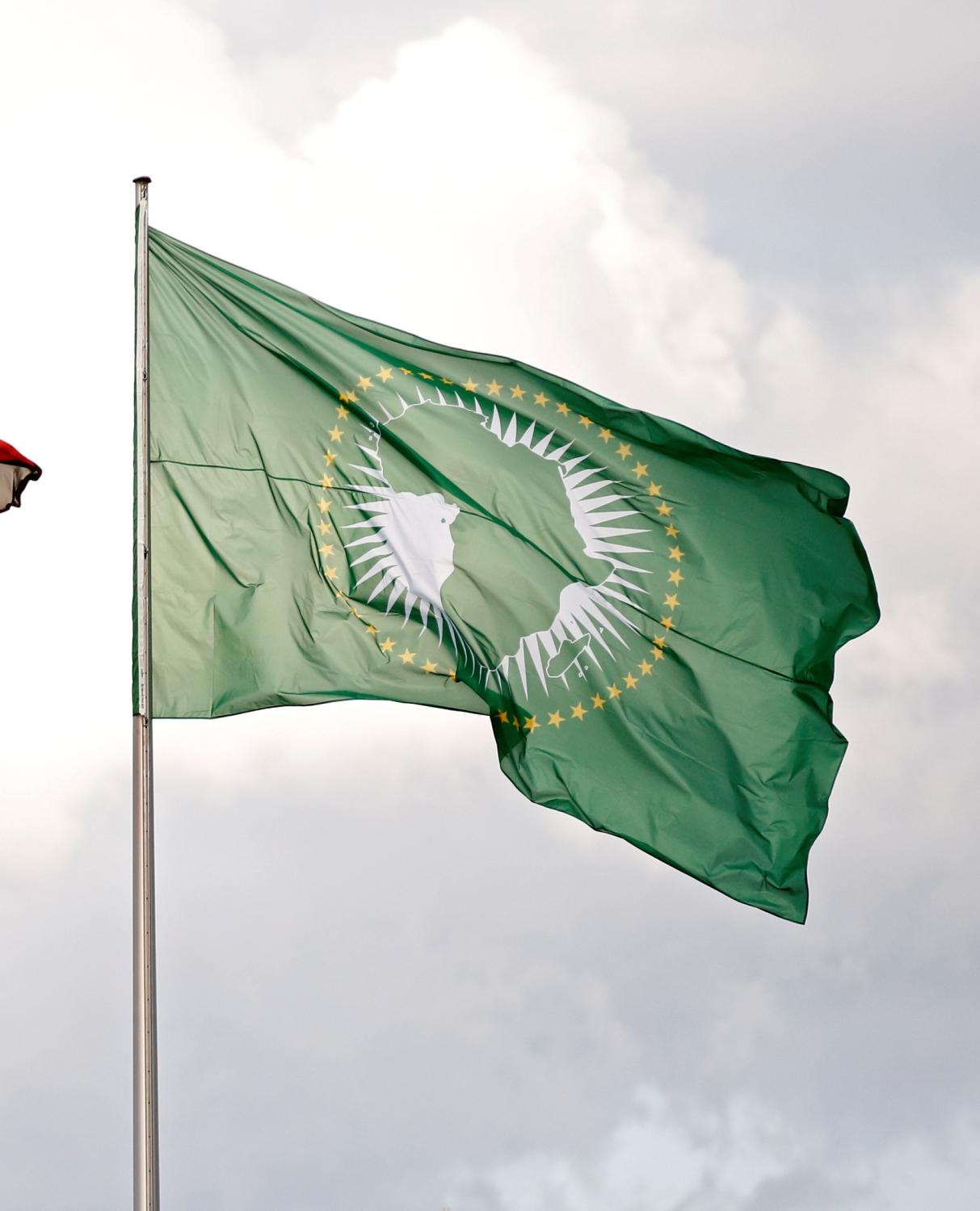
Authors: His Excellency Paul Kagame
African leaders describe initiatives to help the continent harness its potential to secure its future. African institutions—particularly the African Union, the United Nations Economic Commission for Africa, the African Development Bank, and regional economic communities—are already unveiling strategies to tackle the continent’s challenges more effectively. Indeed, 2018 is the year in which Africa can unleash its inner strengths.
Sustainable financing for economic development
Mobilizing Africa's resources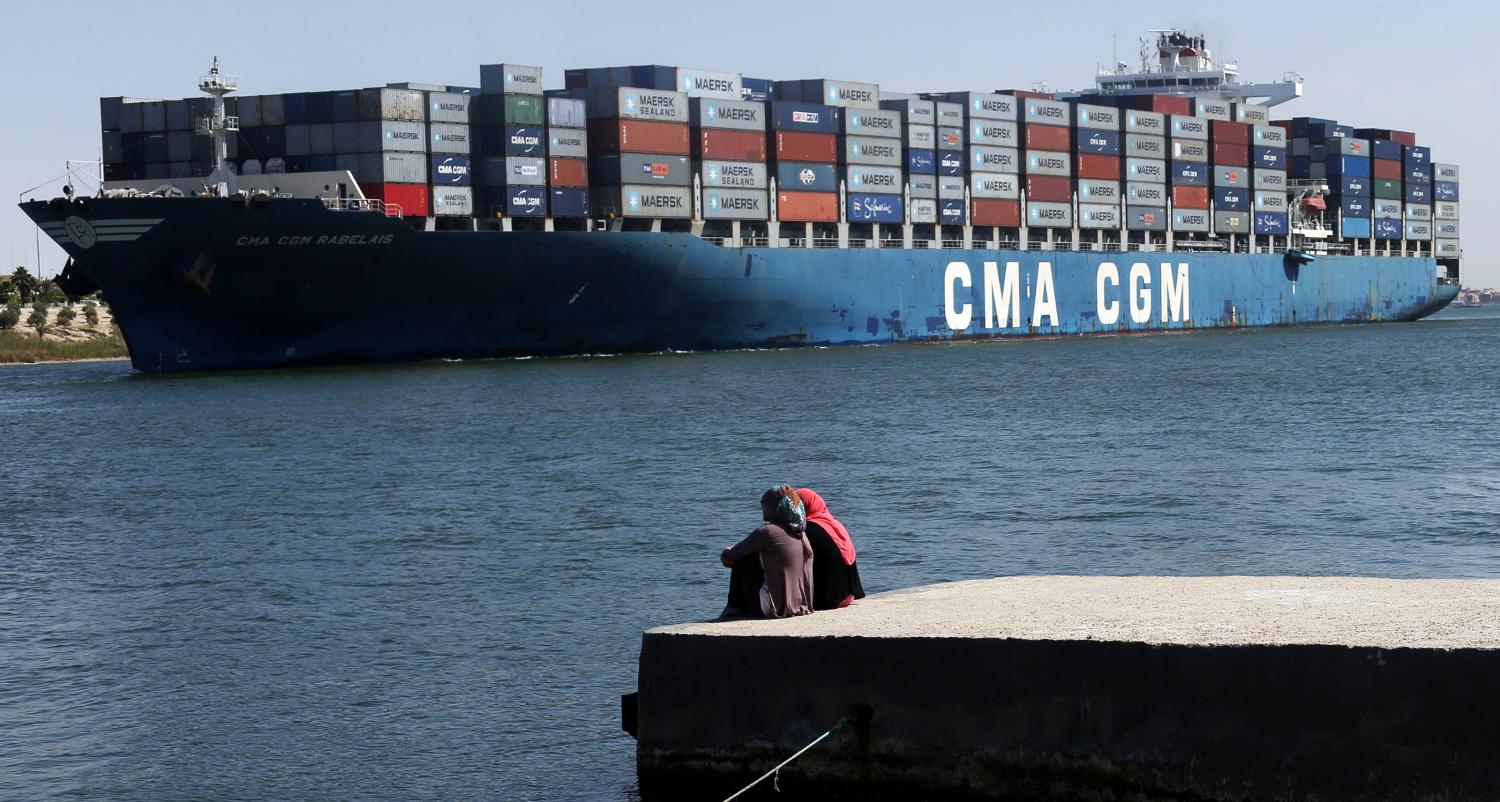
Authors: Brahima Sangafowa Coulibaly
Realizing a future of African self-reliance will require concerted support for sustainable development financing. With external financing conditions likely to worsen in the medium term, it will become imperative for African countries to enhance domestic resource mobilization. In Chapter 2, our authors describe, and argue for, new and innovative instruments to better mobilize and leverage resources for development financing.
Broadening the benefits of growth
No one left behind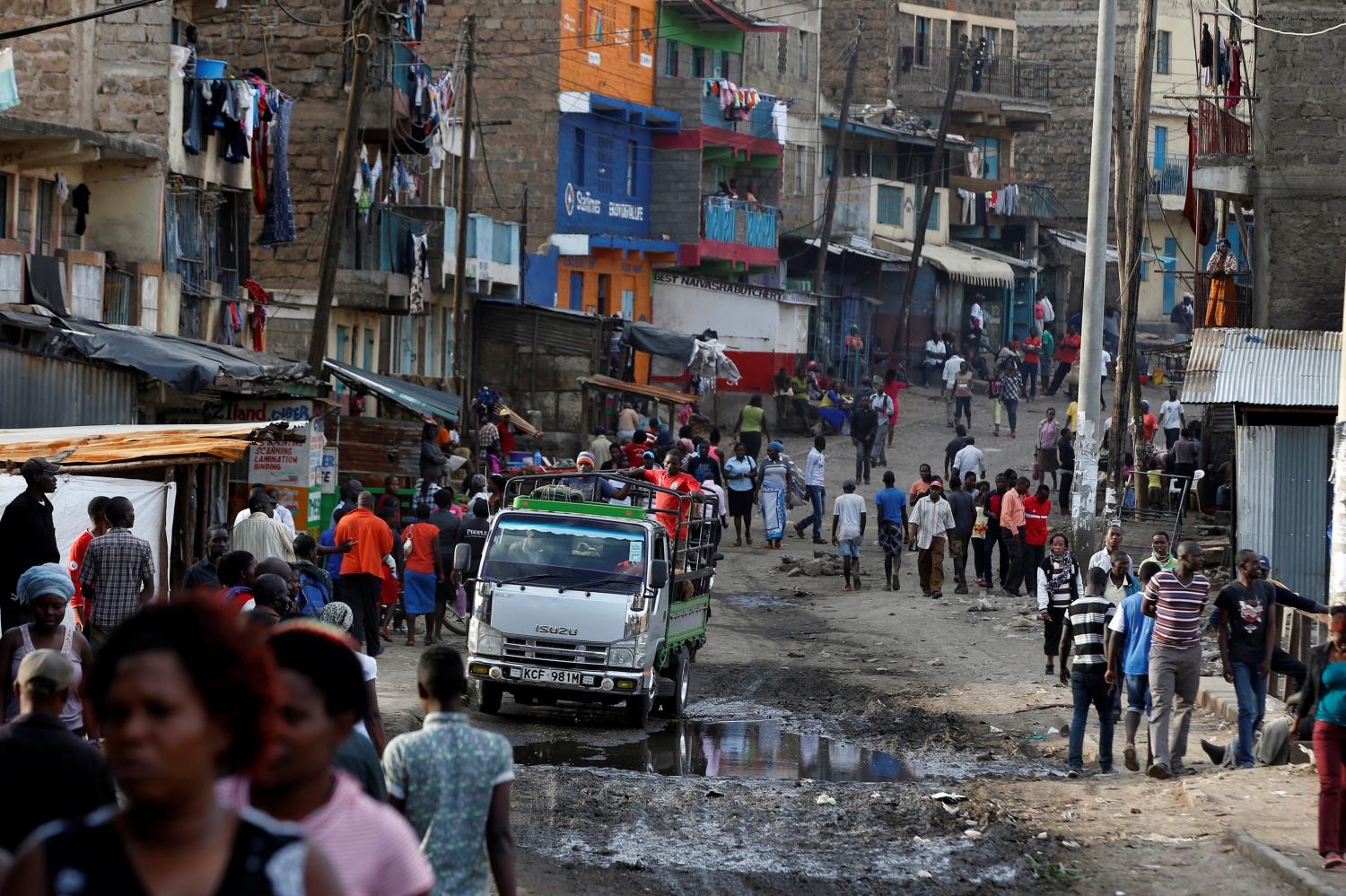
Authors: Landry Signé
Striving for shared prosperity while tackling stubborn human development challenges is another priority. Despite robust aggregate economic growth across the region in recent years, extreme poverty persists, and far too many citizens face a bleak future. As a result, migration out of the continent continues to be widespread and dangerous. In Chapter 3, our authors explore this disconnect and offer recommendations on policy interventions to broaden the benefits of future economic growth.
Rethinking Africa's structural transformation
The rise of new industries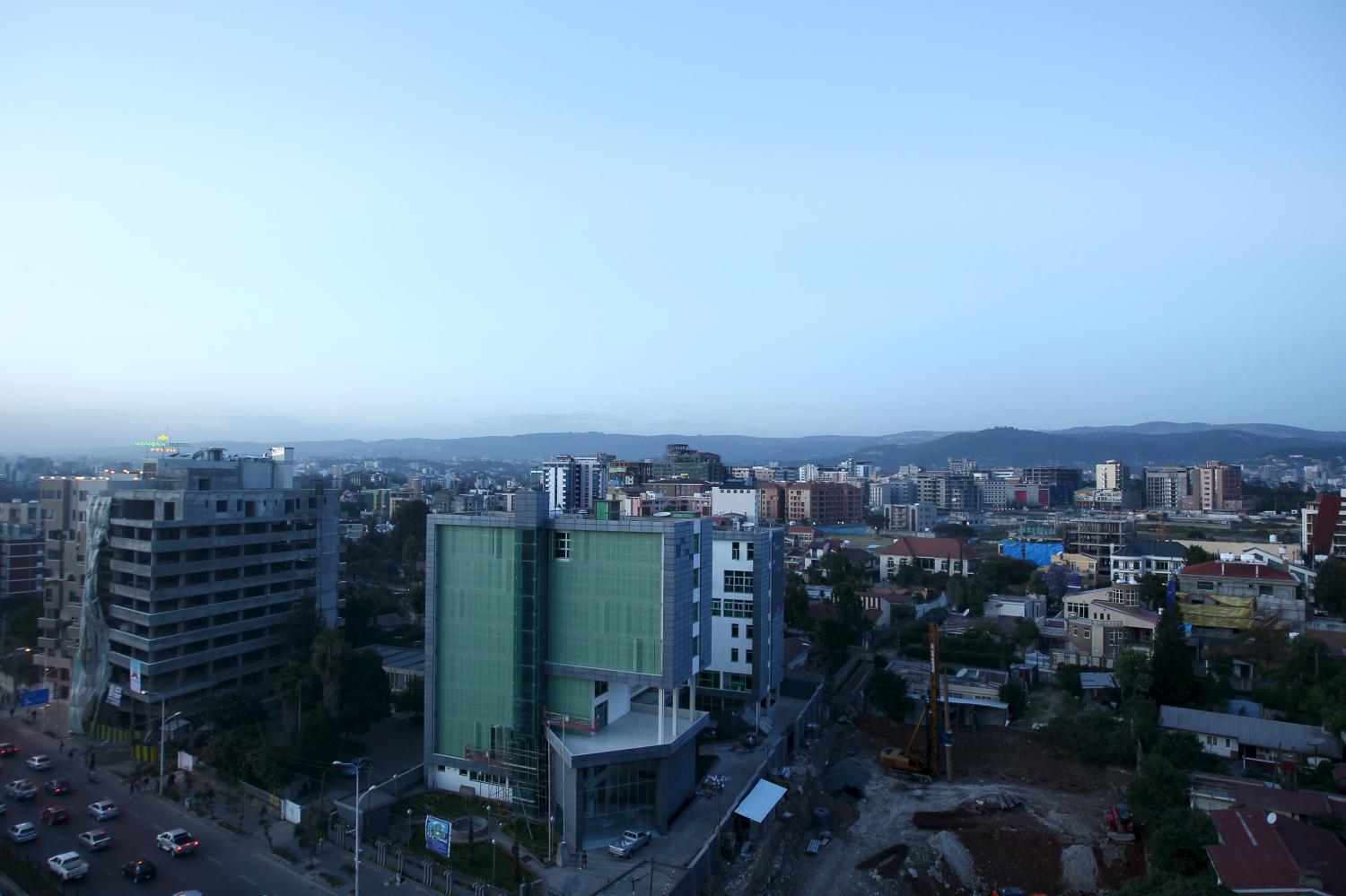
Authors: John Page
Indeed, a notable feature of growth in Africa is that it is not fundamentally transforming economies. The authors in Chapter 4 examine the continent’s unique growth patterns and consider new pathways towards structural economic transformation. Challenges such as automation, the failure to scale up sustainable financing, and faltering progress toward halting women’s continued disempowerment suggest a rethinking of traditional growth and development approaches. Building manufacturing complexity and developing sectors such as tourism and agro-industry, among other solutions, may offer new possibilities.
Harnessing Africa's digital potential
New tools for a new age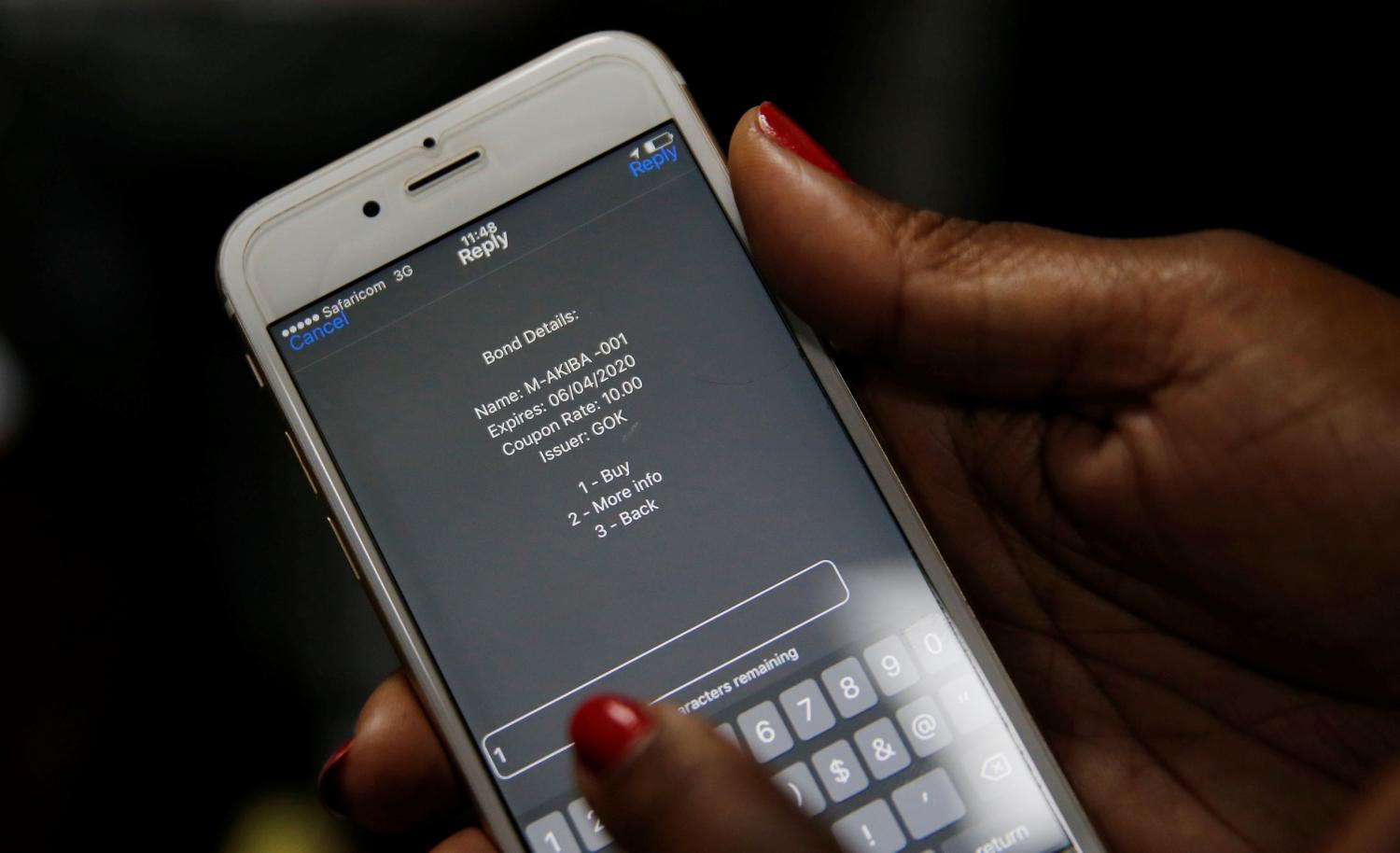
Authors: Njuguna Ndung’u
The advent of technology, despite its potential threat to labor-intensive jobs, is also offering innovative solutions to development challenges in various sectors. Africa continues to be a continent of rapid technological innovation and adoption. Each obstacle—in areas such as power, banking, education, and farming—throws up calls for tech entrepreneurs to create a solution, and young Africans are responding. In Chapter 5, our authors explore these innovations and their potential to transform the continent.
Reassessing Africa's global partnerships
Approaches for engaging the new world order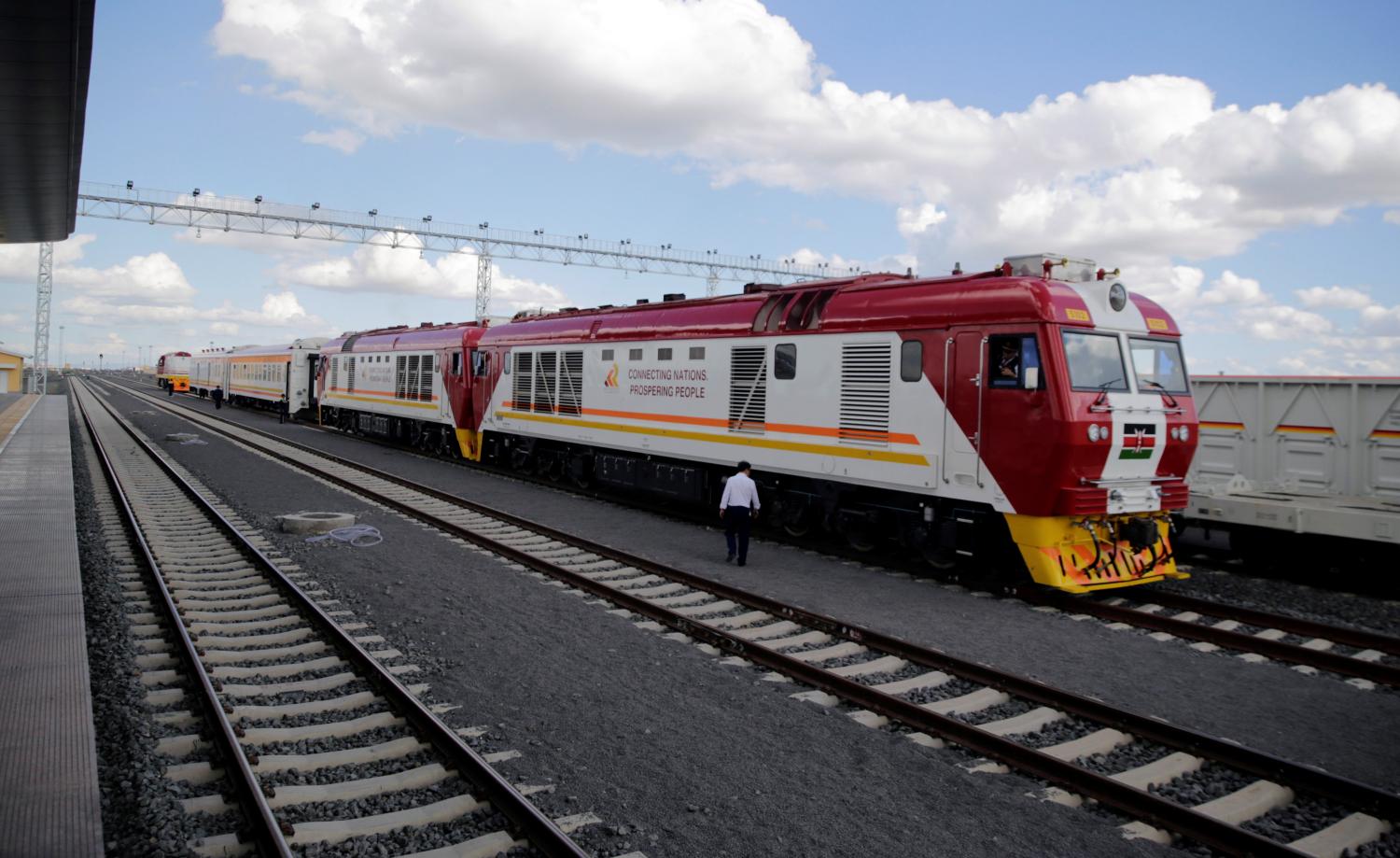
Authors: Wenjie Chen, Roger Nord
In Chapter 6, authors consider what the region’s harnessed power means for Africa’s engagement on the global stage. Is Africa creating opportunities and taking initiatives for more balanced and mutually beneficial relationships, especially with powerhouses like China, the European Union, the United States, as well as with multilateral organizations and powerful constituency groupings, such as the G-20? What will the impact of reduced engagement from the United States be? How do development, defense, and diplomacy best fit into foreign policies toward the continent?
The Brookings Institution is committed to quality, independence, and impact.
We are supported by a diverse array of funders. In line with our values and policies, each Brookings publication represents the sole views of its author(s).

